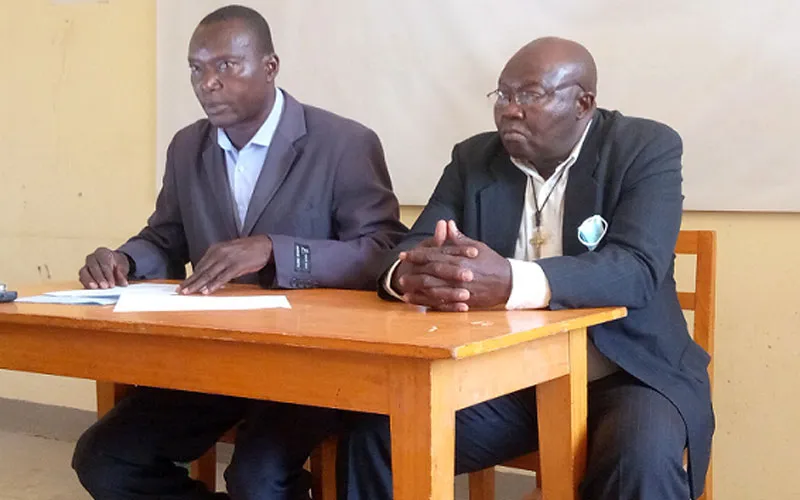N'Djamena, 16 October, 2022 / 8:50 pm (ACI Africa).
Members of the Association of Catholic Lay Executives of Chad (UCCT) have, in a collective statement, criticized the outcome of the country’s National Inclusive Dialogue (DNI) initiative and expressed their “disappointment”.
On October 8, Chad’s military leader, Mahamat Idriss Deby Itno, was named President of the transition following deliberations of DNI, RFI reported. He was sworn in on October 10 as President of a two-year transitional period ahead of "democratic" elections.
In a statement read out to members of the press in Chad’s capital, N'djamena, UCCT members said they followed with “keen attention” the progress of the national dialogue and the inauguration of the transitional President on October 10.
“UCCT expresses disappointment at the decision of the DNI to grant Mahamat Idriss Déby a transitional period of 24 months and to open the way for him to run in the next elections,” UCCT members said in their Tuesday, October 11 collective statement.
They recalled the African Union’s (AU) demand that the members of the National Transitional Council “respect the 18-month period and not stand in elections”.








